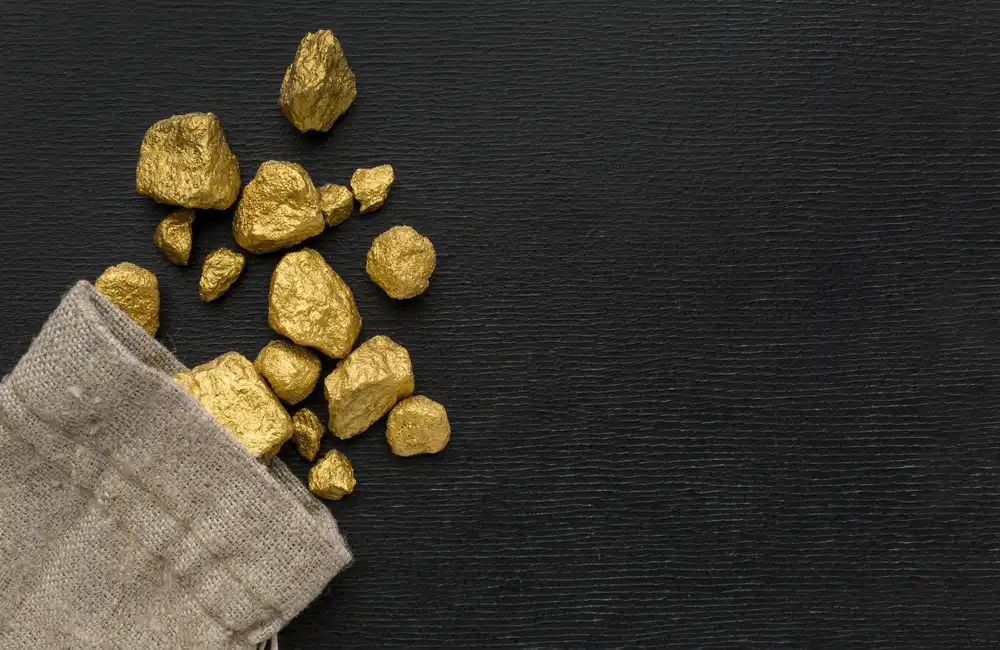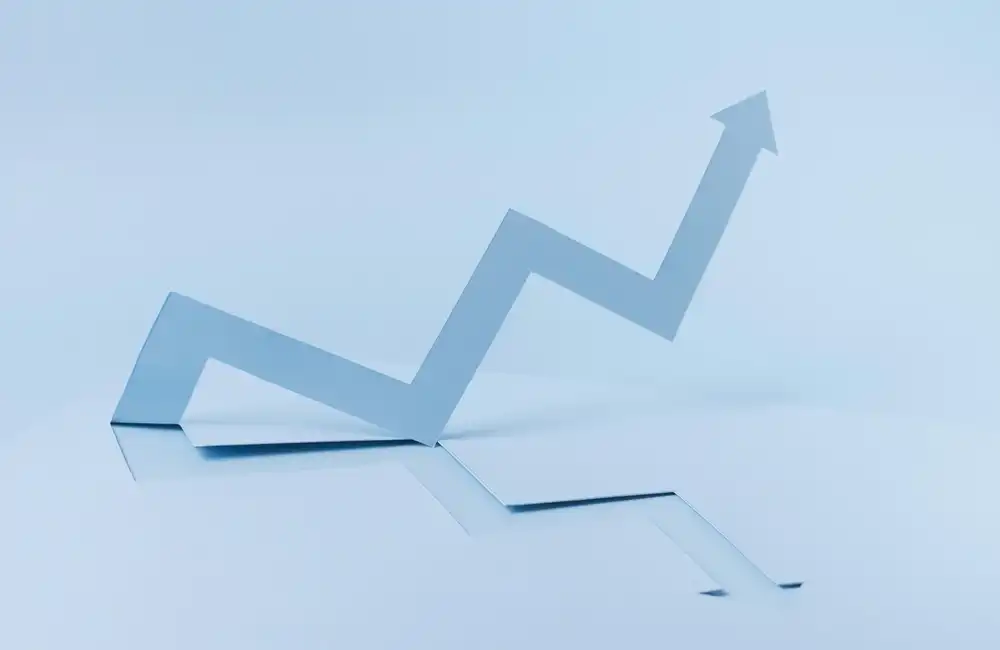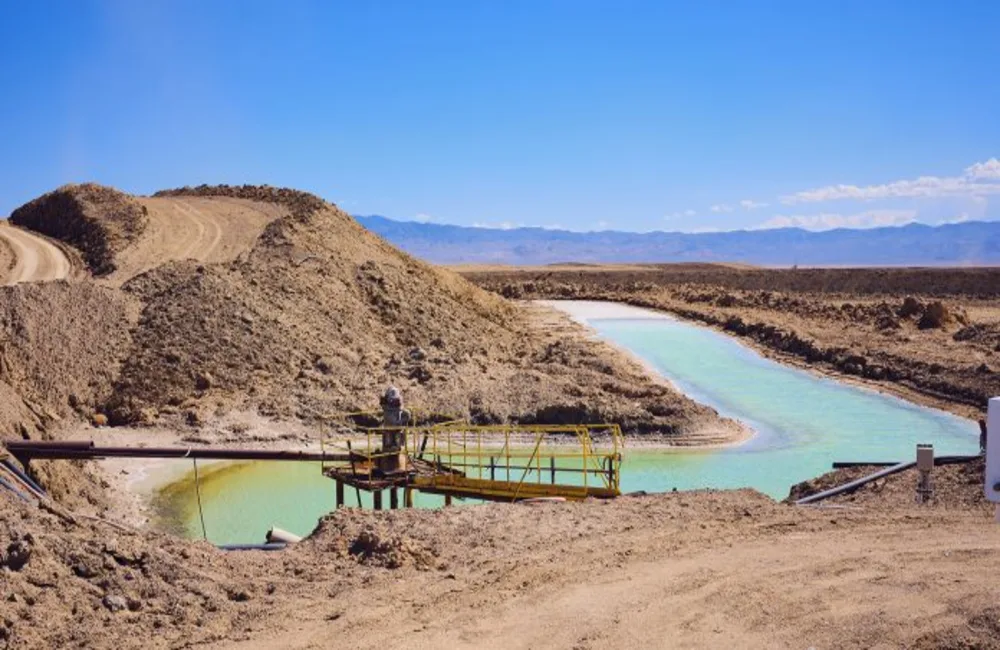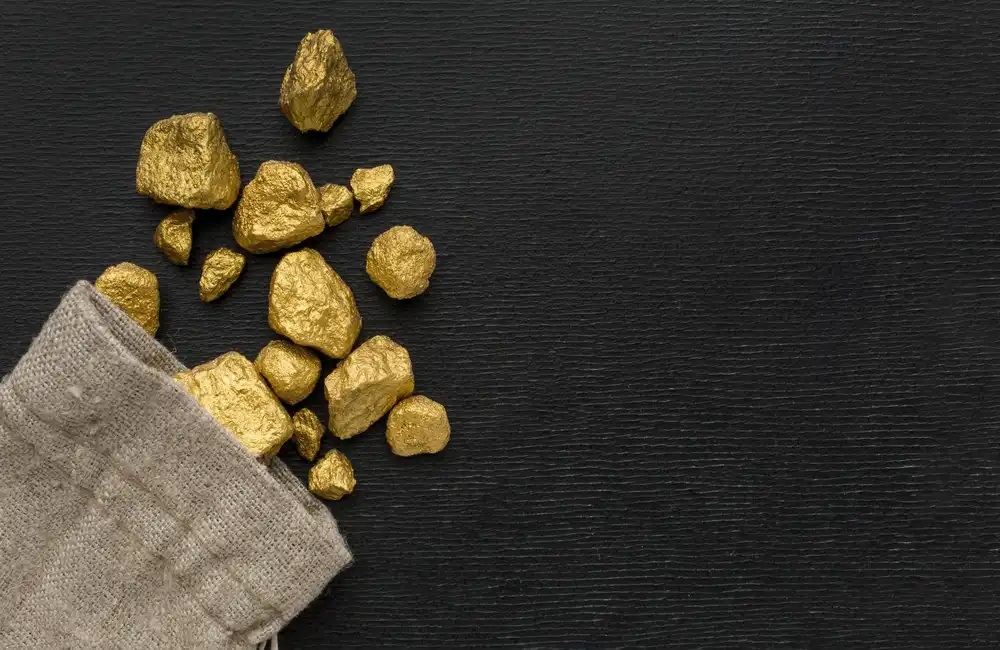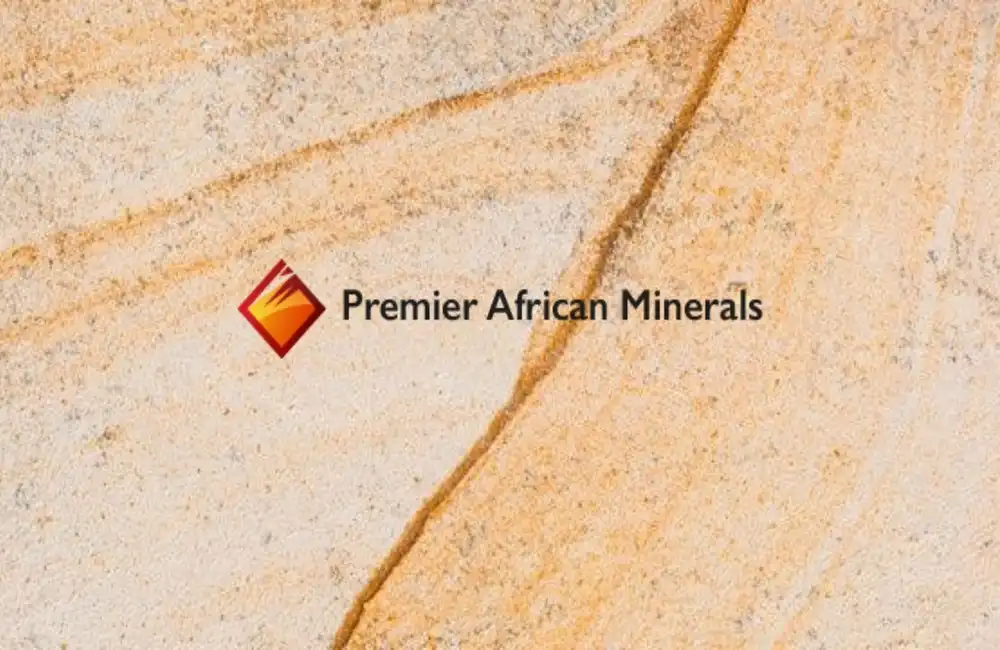Large lithium resources have always been hosted by Nevada’s clay deposits, which could help support the domestic supply in North America. However, many project developers have only in the past decade begun to take the region’s potential seriously
“The reason that it’s not in production [lithium assets in Nevada] is because there has been no need for it,” said Spiros Cacos, vice president of investor relations with Cypress Development, during a virtual presentation to investors on Sept. 22, hosted by Torrey Hills Capital. “A decade ago lithium had no price at all.”
Cacos explained that established lithium operations in Australia and Latin America have been in production for decades, primarily serving a China-focused market. “But the US and Canada fell asleep at the wheel,” he said.
“We were not worried about that, and now we have put ourselves in a position where we are dependent on foreign energy,” he continued, adding that China consumes about 80% of the world’s lithium and owns (whether directly or indirectly) around 85% of all lithium available “on the planet” today.
Because there has been little interest in Nevada's lithium clay resources, Cacos said this has fostered a belief there that production is not feasible relative to spodumene or brine projects in the world.
“People think there’s something wrong, because there are no clay projects in production now,” he said. “But the main reason there are no claystone projects in production is that clay projects are primarily located in the US as well; however, until recently, there hasn't been much of an effort to discover lithium within the US.”
Also, Cacos said some people assume that the direct lithium extraction technologies that Cypress and other companies are using on Nevada clay samples are new and untested.
“We haven’t revolutionized or invented anything else,” he said. “This is something that has always been done for a hundred years.”
Vancouver, British Columbia-based Cypress recently announced that it has produced samples of lithium carbonate with 99.94% purity from the processing of claystone at its Clayton Valley Lithium Project in Nevada.
The vast majority of lithium in the newly qualified product, 99.94%, represents an improved grade that delivers better than the minimum 99.5% requirement to qualify for use in an electric vehicle battery, Cacos explained. The company's lithium is now capable of serving a wider set of applications for electric vehicles.
Lithium Rush
Cacos said Cypress purchased its Nevada project in 2015 as domestic lithium interest began accelerating.
Cypress has set a goal of producing 27,400 mt/year of lithium carbonate equivalent over a 40-year mine life at the Nevada site.
Other companies began staking potential lithium assets in North America and developing plans to bring new supply from the ground before lithium prices sputtered from 2015 to 2018, and projects were sidelined.
According to data, the assessment for lithium carbonate hit a high of $18,000/mt in 2018, CIF North Asia basis, before gradually falling, bottoming out at $6,300/mt in 2020.
Interest in North American lithium projects has since re-emerged amid price jumps, with the lithium carbonate price hitting nearly $80,000 mt/year in April this year.




